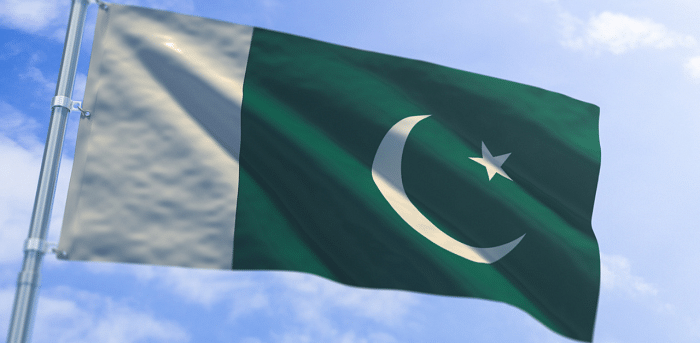
The recent seizure of a package originating in Pakistan and containing uranium, at Heathrow Airport in London, once again renewed focus on clandestine proliferation networks involving the western neighbour of India.
India is keenly waiting for the outcome of the investigation launched by the authorities in the United Kingdom as the seizure of the package could lend credence to its long-held suspicion about the role of state and non-state actors of Pakistan, a source in New Delhi told DH.
The uranium was found during a routine search by the UK Border Force personnel on December 29 – in a shipment of scrap materials that purportedly originated in Pakistan and arrived at the Heathrow Airport in London aboard a flight from Oman, according to The Sun. The Counter-Terrorism Command of the Metropolitan Police of London has launched an investigation after being informed by the UK Border Force about the seizure of the package.
New Delhi has been repeatedly airing at the United Nations Security Council and other international forums its concerns over Pakistan’s role in secret nuclear proliferation and the grave risk it posed to the security of India.
As recently as in October 2022, India had drawn the attention of the United Nations Security Council (UNSC) on the proliferation of nuclear and defence technologies from North Korea to Pakistan. “India would like to reiterate the importance of addressing the proliferation of nuclear and missile technologies related to DPRK (Democratic People’s Republic of Korea or North Korea) in our region,” New Delhi’s envoy to the United Nations, Ruchira Kamboj, had said at the Security Council, adding: “These linkages have an adverse impact on peace and security in the region, including on India.”
India has since long been concerned over North Korea's clandestine defence technology cooperation with Pakistan. New Delhi, according to the sources, suspects that Pyongyang-Islamabad secret defence cooperation, which in the mid-1990s led to the supply of Rodong Missiles and technology to Pakistan, is still continuing. Abdul Qadeer Khan, the founder of the nuclear program of Pakistan, was, in 2003, found to have traded know-how and technology with Iran, Libya and North Korea. Khan in 2011 made public documents in support of his claim that North Korea had bribed senior officials of the Pakistani Army and got them to allow him to share nuclear technology and certain equipment with the pariah nation.
New Delhi also received inputs, suggesting that certain nuclear materials supplied to the Pakistan Atomic Energy Commission by the Suntech Technology Company Limited of China in recent years had been diverted to North Korea in violation of the sanctions imposed by the UNSC.
The office of the District Attorney of New Hampshire in the north-eastern United States had in January 2020 announced that five men had been indicted by a federal grand jury in October 2019 for running an international procurement network of front companies to smuggle “goods” – sensitive high-tech equipment and know-how – to Pakistan Atomic Energy Commission (PAEC) and the country's Advanced Engineering Research Organization (AERO), violating America's International Emergency Economic Powers Act and the Export Control Reform Act of 2018. The five men had been associated with a front company called “Business World”, apparently based in Rawalpindi, the garrison town, where the Pakistan Army too has its headquarters.
Notwithstanding Pakistan’s track record in proliferation, China has been supporting its plea for admission into the Nuclear Suppliers Group (NSG), apparently only to block India’s bid to get a seat in the 48-member export control regime.
